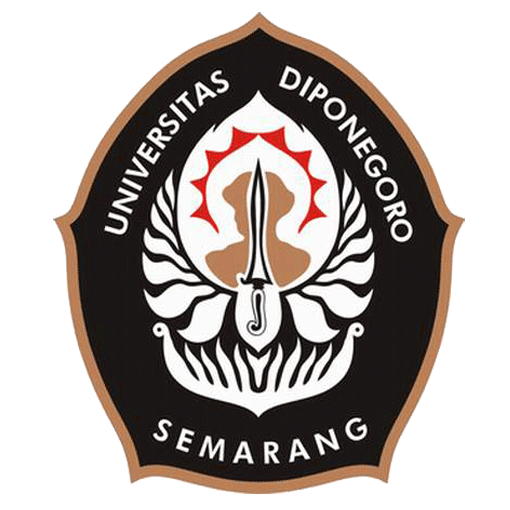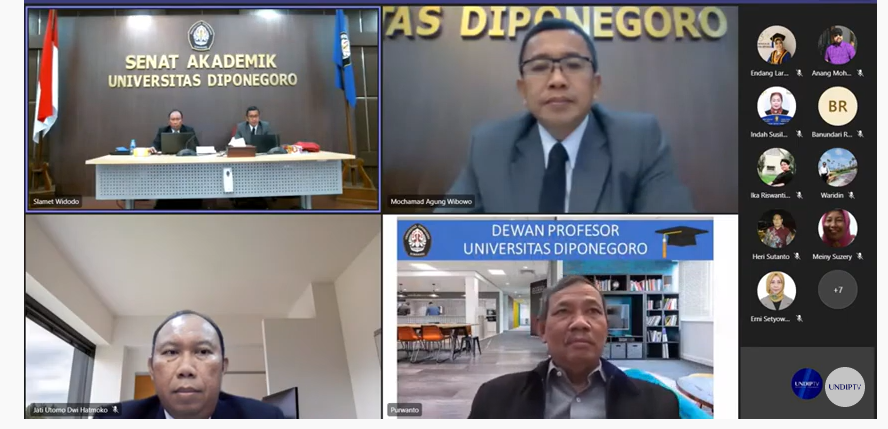The Academic Senate of Diponegoro University held a presentation for prospective professors, Jati Utomo Dwi Hatmoko, S.T., M.M., M.Sc., Ph.D (Faculty of Engineering, Department of Civil Engineering) on Tuesday (25/9).
In his presentation entitled “Construction Risk Management through Digital Transformation”, he said that the construction industry is known to have high complexity and risk, and globally, it is still concerned with classic problems that hinder the efficiency of the construction process, including: delays in project completion, cost overruns, low quality of workmanship, low safety level, and so on. These problems can occur because there are not various project risks properly, so that it has an impact on the success of project implementation. On the other hand, the need for high infrastructure development requires breakthrough methods and innovative technologies that are able to answer the challenges of effective risk management so that infrastructure development can be carried out quickly, in accordance with cost targets, of good quality and sustainable.
“Risk will always accompany construction projects throughout the project life cycle, starting from the planning, construction, to post-construction stages. The risk management carried out so far is considered to be static and traditional, while technological developments make construction projects more complex and dynamic, and visualization is required that facilitates communication between project stakeholders. Digital transformation is a necessity for the construction industry in the future. The implementation of Building Information Modeling (BIM) as the main embodiment of digital transformation allows the availability of a digital platform for project stakeholders to be able to work together and coordinate in real time in the construction process and manage construction risks more effectively,” explained Jati Utomo.
He further explained that the readiness of BIM digital transformation in Indonesia, which was measured using four main elements including organization, management, human resources, and technology, showed an average Company Readiness Index (CRI) of 76.19%, which indicates readiness for implementation of BIM. However, the implementation of digital transformation in Indonesia is still facing obstacles, including constraints on human resource capacity, digital technology infrastructure, high investment and costs, lack of top management commitment, and lack of socialization, education and training. (Lin – Public Relations)

